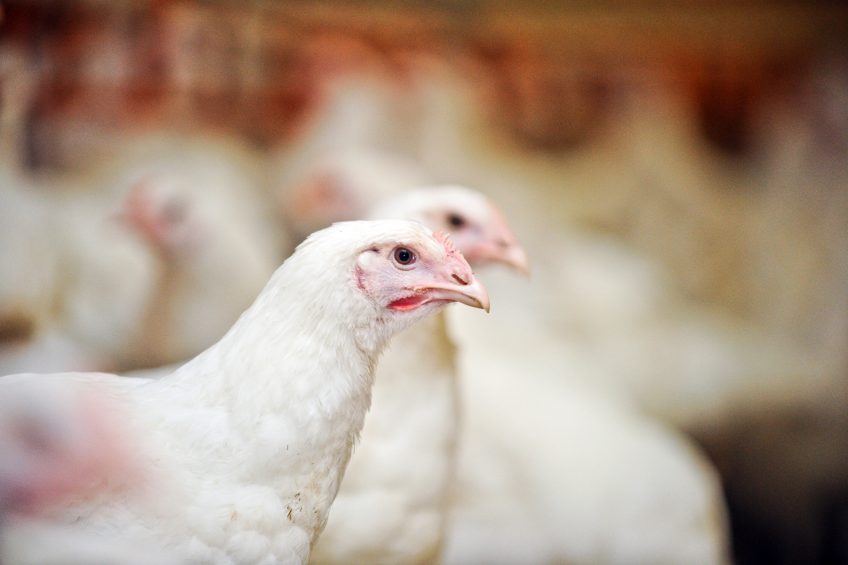The NCC launches standards for broiler welfare

The National Chicken Council (NCC) – the oldest and largest national association representing the US broiler industry – has launched a set of industry-wide standards for the sector.
The Chicken Guarantees standards have been launched as part of the NCC’s Chicken Check In programme, which provides information to consumers about production and welfare methods.
With broiler production in the US at an all-time high, the Chicken Guarantees are designed to represent a set of consumer assurances to ensure people have accurate information. It promises that any time chicken is purchased, it will be:
• Raised in a cage-free environment;
• Free of added hormones and steroids;
• Monitored by licensed vets;
• Raised by farmers trained in animal welfare.
Ashley Peterson, NCC senior vice president of scientific and regulatory affairs, said the NCC and its members were committed to advancing chicken welfare, continuous improvement and consumer choice.
But he was concerned that consumers were often given conflicting information: “They are constantly bombarded with negatives on labelling – no preservatives, no hormones, no additives, no this, never that.
“Through our Chicken Guarantees, we want to provide the baseline principles that always hold true, no matter what chicken you eat.”
A survey of, more than 1,000 US consumers in May found that 76% still believed that hormones and steroids were present in most chicken meat; 70% believed most birds bred for meat were raised in cages and two thirds said chicken packaging was misleading.
Jenny Rhodes, a Maryland chicken farmer who raises 500,000 broilers a year, said it was vital to clarify misconceptions.
“We’re always seeking to improve the lives of birds, because without healthy birds, there would be no chicken industry. Whether it’s looking at space and housing, studying different nutrition programmes, breeding for the healthiest birds or working to eradicate diseases, we’re committed to continual improvements to do what is best for the bird and ultimately for the consumer.”












